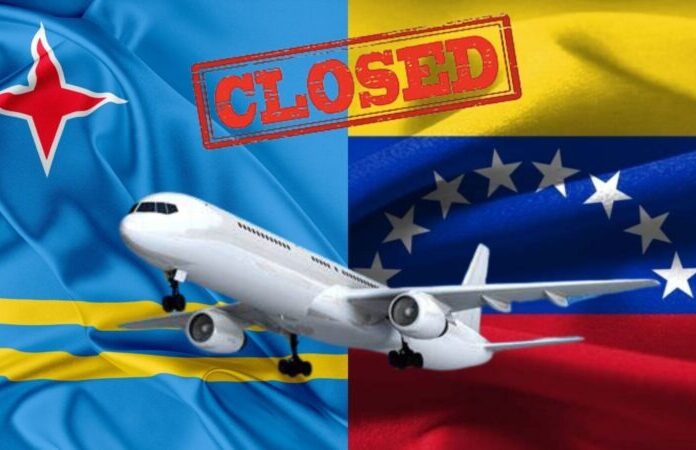The closure of the border between Aruba and Venezuela was a critical point in the bilateral relationship between the two countries, with significant economic, political, and humanitarian issues.
Since the beginning of 2019, Aruban authorities made the decision to close the border with Venezuela due to several concerns, primarily related to security and contraband control. Venezuela, amidst a profound political, economic, and social crisis, was facing a deteriorating situation where drug, arms, and human trafficking had become a growing concern for neighboring nations.
For Aruba, heavily reliant on tourism and commerce, the closure of the border with Venezuela represented a significant blow to its economy. Venezuela was an important trading partner for Aruba, and the border closure disrupted the flow of goods and people between the two countries. This particularly affected sectors such as tourism, the food industry, and retail, which heavily relied on Venezuelan products.
In addition to economic concerns, the border closure also had humanitarian implications. Many people in Aruba, especially those in precarious economic situations, relied on cross-border trade to obtain basic goods at affordable prices. The closure of the border made access to food, medicine, and other essential goods difficult, exacerbating the humanitarian crisis in Venezuela and creating additional difficulties for those in Aruba who depended on trade with their continental neighbors.
The border closure also reflected broader political tensions between Venezuela and several countries in the region, including Aruba. Ideological differences and political disagreements complicated bilateral relations and led to measures such as border closures in response to the situation in Venezuela.







